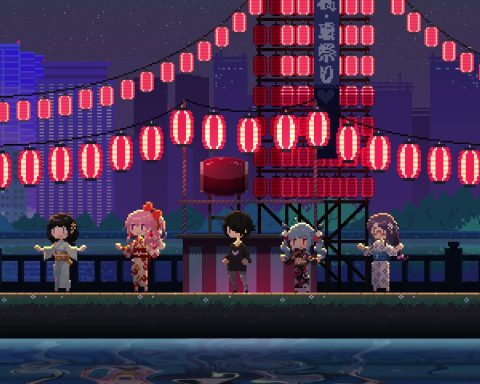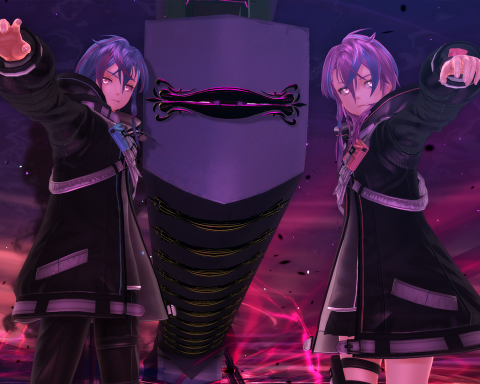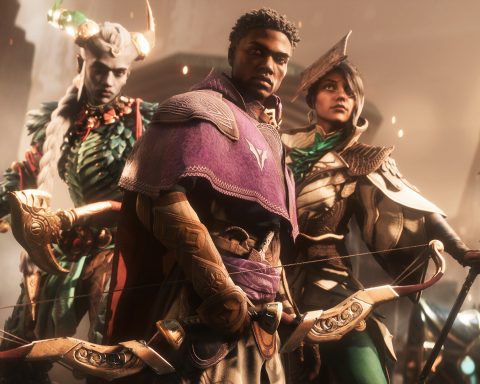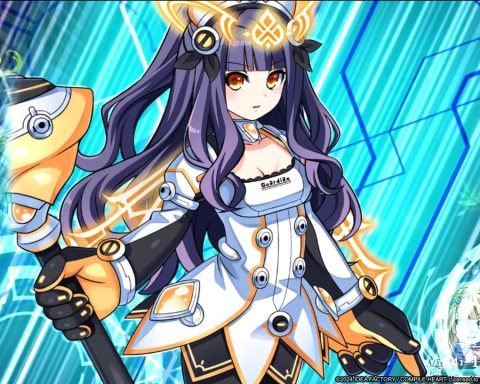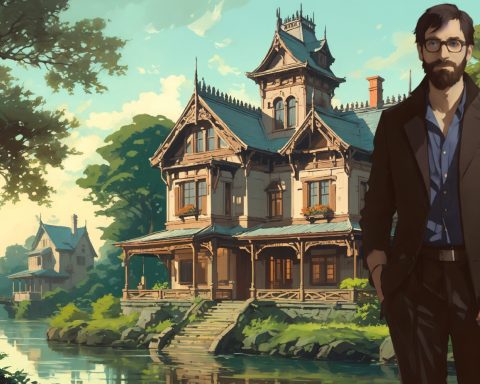I love a good creepy game. They have the ability to engage the senses and mind in ways few other games can. A horror or suspense title is a challenging one to build, however. It needs to keep you intensely immersed in its world, in order to keep the mind focused on the ultimate payoff. Master Reboot comes close a few times and has a handful of quality moments, but it is an uneven package that does not quite come together when it needs to.
The premise has the potential to be fascinating. Things start in a strange, otherworldly environment as you are given almost no direction. Instead you wander the environment. You are not shooting things or engaging in any sort of combat. Puzzles have more to do with mental challenges than platforming dexterity.
Slowly you are guided through a series of seemingly disjointed experiences that take place in something called The Soul Cloud. It is here that a person’s ‘soul’ (or more precisely, memories) are uploaded so that a they can “carry on” after they have died. In other words, people that use The Soul Cloud create a digital soul for their loved ones to visit or interact with.
Your adventures have you awakening in The Soul Cloud, trying to piece together why exactly you are there – and what is happening that should not be. I love this setup, because I think it is a fascinating subject. That the story can be explored in a non-linear fashion was also interesting to me. However, what had the potential to be an intelligent, surreal experience was quite often marred by some curious design choices along the way. I found the tone of the narrative to be very uneven, for a start. Some of these areas that you’ll visit while on this memory quest are cleverly creepy (for example, a graveyard), but soon after the game will be resorting to more base jump scares (such as what you’ll experience during a plane sequence).
And we are talking about some weighty material here. Thinking around life after death has been the subject of deep thought to people as long as we’ve existed. Most religions are in no small way a way of explaining the relationship between people and death and people spend inordinate amounts of time and money trying to reach out to lost loved ones, or to preserve their own legacies indefinitely. It is a source material with a great deal of potential, and the way a life’s memories play out in snapshots is a fascinating way to approach the storytelling process.
The development team tried to create a wide variety of puzzles and activities to help keep the actual gameplay mechanics fresh within this structure. While some of these work, others are borderline frustrating and feel out of place. They become sore spots, because they pull players away from the narrative and experience and frustrate what should not be a game that frustrates. Different people will have different areas that frustrate them too – Matt and I found completely different sections trying on the patience, too, as a consequence of the developers trying to do too many different things when they should have focused on the basics. The levels where things do come together do so beautifully, but these other disjointed moments where Master Reboot bogs down becomes the prevailing memory between sessions.
The aesthetics are also a mixed bag. Cramped confines make for some tense situations, but with the visuals being of lower texture and prone to popping in at the last moment, the indoor locations such as hallways are nowhere near as impactful as some of the more picturesque outdoor scenes. Thankfully the inconsistencies seen in both the visuals and the puzzle-solving do not make their way into the audio. The sound effects are good, if not always great at raising tension, and the music has a subtle, surreal quality to it that fits the mood perfectly.
It is a shame that Master Reboot seems to nail the atmosphere so well, because the story, puzzle and to a lesser degree visual elements, just do not come together to create a fully realised and enjoyable package. That is not to say the game does not have some quality moments, but the end vision feels somewhat disjointed and unfulfilled in the end.
– Nick H.
US Editor






